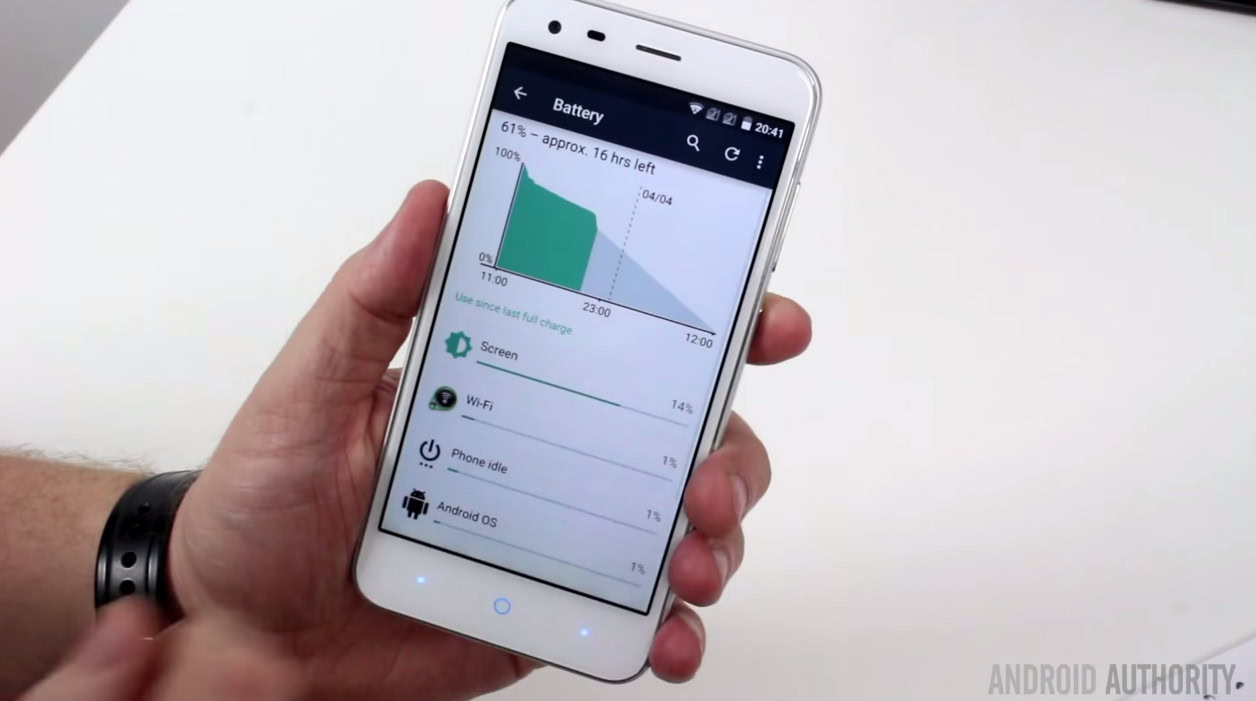Affiliate links on Android Authority may earn us a commission. Learn more.
Google is pursuing the development of next-gen battery technology

While it seems as though current lithium-ion batteries in the tech world are slowly improving, it’s becoming increasingly more difficult for companies to build high-end devices that won’t waste precious battery life. A number of research labs and universities are trying to solve this battery problem, but not many have been successful in recent years. One of the latest companies to research heavily into new battery tech is Google, according to a new report by The Wall Street Journal.
The group that is currently working on this new battery tech comes from the Google X research labs and is led by former Apple battery expert Dr. Ramesh Bhardwaj. According to “people familiar with the matter”, Google’s team originally began testing other companies’ batteries for use in Google’s own products. Since 2012, the team has shifted its efforts into building battery tech that Google will end up producing itself. The team of Google X lab workers only consists of four members, including Dr. Bhardwaj.
The Wall Street Journal explains:
At Google, Dr. Bhardwaj’s group is trying to advance current lithium-ion technology and the cutting-edge solid-state batteries for consumer devices, such as Glass and Google’s glucose-measuring contact lens, according to the people familiar with the matter.
Whatever Google is working on could progress the state of thin-film batteries to eventually be used in smartphones, wearables and even in devices that could be implanted into the human body.
The report doesn’t comment on the specific technology that Google is working on or when we can expect to see it in the real world. While this whole story is a little scarce on details, we’re happy to hear Google may be putting its resources towards an area that really needs it.